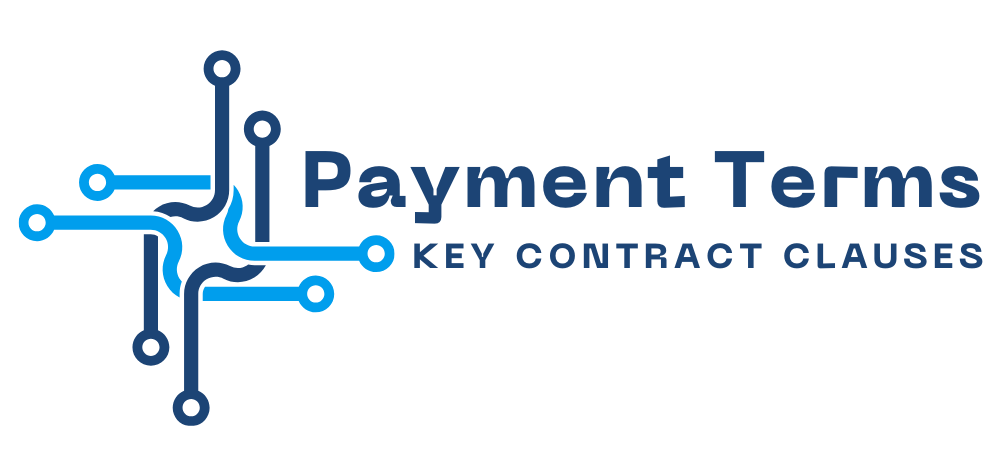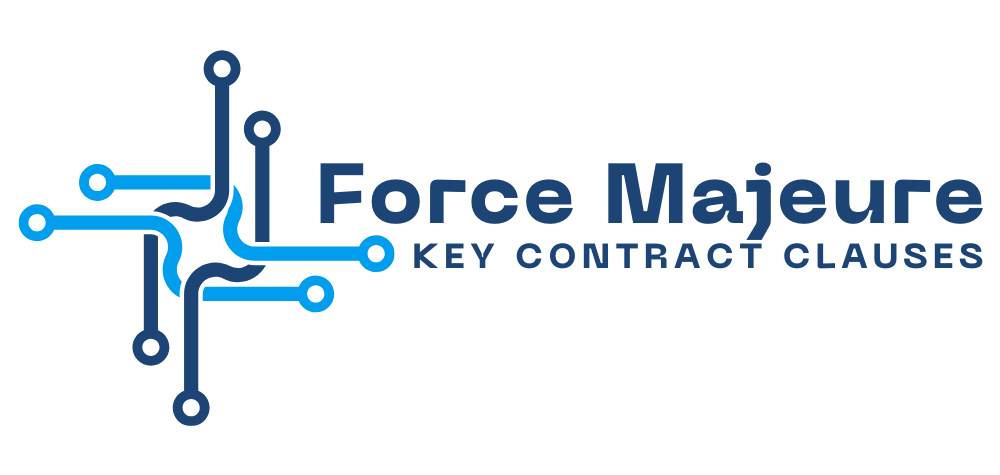Selecting the right venue is only half the battle—understanding the contract is just as critical. A well-negotiated venue contract ensures that your event runs smoothly while protecting your budget and interests. Here’s a comprehensive guide on what to look for when reviewing a venue contract.
Cancellation and Attrition Policies
One of the most important sections of any hotel or venue contract is the cancellation and attrition policy. These terms outline what happens if your event changes or gets canceled. Carefully review how much notice is required to receive a refund, what portion of the deposit is non-refundable, and if there are rebooking credits available. Additionally, check for allowable attrition rates—this determines how much your attendance numbers can drop before penalties apply. The more flexible these terms are, the more control you have over your event’s financial risk.
Payment Terms and Fees
Hotels and venues often have structured payment schedules that require deposits and milestone payments before the event. Clarify when payments are due and what forms of payment are accepted. Hidden costs can quickly inflate your budget, so review any potential additional fees such as service charges, administrative fees, staffing costs, gratuities, and rental fees for additional equipment or setup. Ensure that all costs are transparent in the final contract to prevent unexpected expenses.
Room Block and Accommodations
The hotel contract should clearly specify the details of your room block. Ensure that the contract outlines the total number of rooms held, the deadline for releasing unused rooms, and any financial penalties for not meeting room commitments. Additionally, clarify the types of rooms included—VIPs and executive attendees may need suites, while general attendees might require standard rooms. You should also negotiate special suite rates, perks for early booking, and policies on early check-in or late check-out for key guests. A well-structured room block agreement will prevent last-minute booking headaches and ensure a seamless stay for attendees.
Food and Beverage Minimums
Many venues require a minimum spend on food and beverages, which can impact your budget significantly. Ensure that these minimums align with your event’s needs and consider whether the venue allows flexibility in the menu selection. Ask about customization options, dietary accommodations, and whether outside catering is permitted if their offerings do not align with your preferences. Additionally, review any corkage or cake-cutting fees if you plan to bring in specialty beverages or desserts.
Bucom Insight: Make Reductions Work For You
Negotiating a flexible room block reduction policy can save you thousands—but don’t stop there. Ensure that any agreed-upon room reductions also apply to food and beverage minimums. If your group size shrinks, your F&B commitment should adjust accordingly to prevent unnecessary costs.
Force Majeure Clause
The force majeure clause protects both parties if the event cannot take place due to circumstances beyond anyone’s control, such as natural disasters, government restrictions, or pandemics. Ensure that the language allows for reasonable contract termination, postponement, or refunds without excessive penalties. A well-structured force majeure clause will provide peace of mind and financial protection should unforeseen events disrupt your plans.
Space Usage and Setup Restrictions
Each venue has its own policies regarding how event spaces can be used. Review the contract for details about room configurations, load-in and load-out times, and any restrictions on signage, branding, or decorations. Some venues have strict policies regarding audiovisual equipment, staging, and vendor access. Ensure that your setup requirements align with the venue’s guidelines to avoid costly last-minute adjustments. If your event requires unique staging or branding elements, negotiate these terms upfront.
Bucom Insight: Know Your Surroundings
A venue may look perfect on paper, but understanding what’s happening in adjacent spaces is key. Ask about other groups booked in the venue during your event dates. A high-energy product launch next door could disrupt a leadership retreat, while a quiet corporate meeting might not fit well next to a bustling social event. Planning ahead helps you avoid unexpected surprises and ensures your event runs smoothly.
Internet and Technology Costs
Many venues charge separately for Wi-Fi and other technology services. Review whether complimentary Wi-Fi is included or if it comes with additional costs per user or per bandwidth usage. High-speed internet is essential for live-streaming sessions, virtual participation, or high-tech presentations, so ensure that the venue’s internet capabilities meet your event’s requirements. If the costs are excessive, consider negotiating a package that includes technology support.
Final Tips for Negotiation
- Ask for everything in writing to avoid misunderstandings.
- Negotiate clauses that feel too rigid—venues are often willing to accommodate.
- Work with an experienced venue sourcing partner, like Bucom, to secure the best terms.
Partner with Bucom for Venue Expertise
Understanding a venue contract can be complex, but with the right approach, you can secure favorable terms that protect your event’s success. At Bucom, we specialize in venue sourcing and contract negotiations, ensuring you get the best possible deal while mitigating risks.
Let’s Get Started








